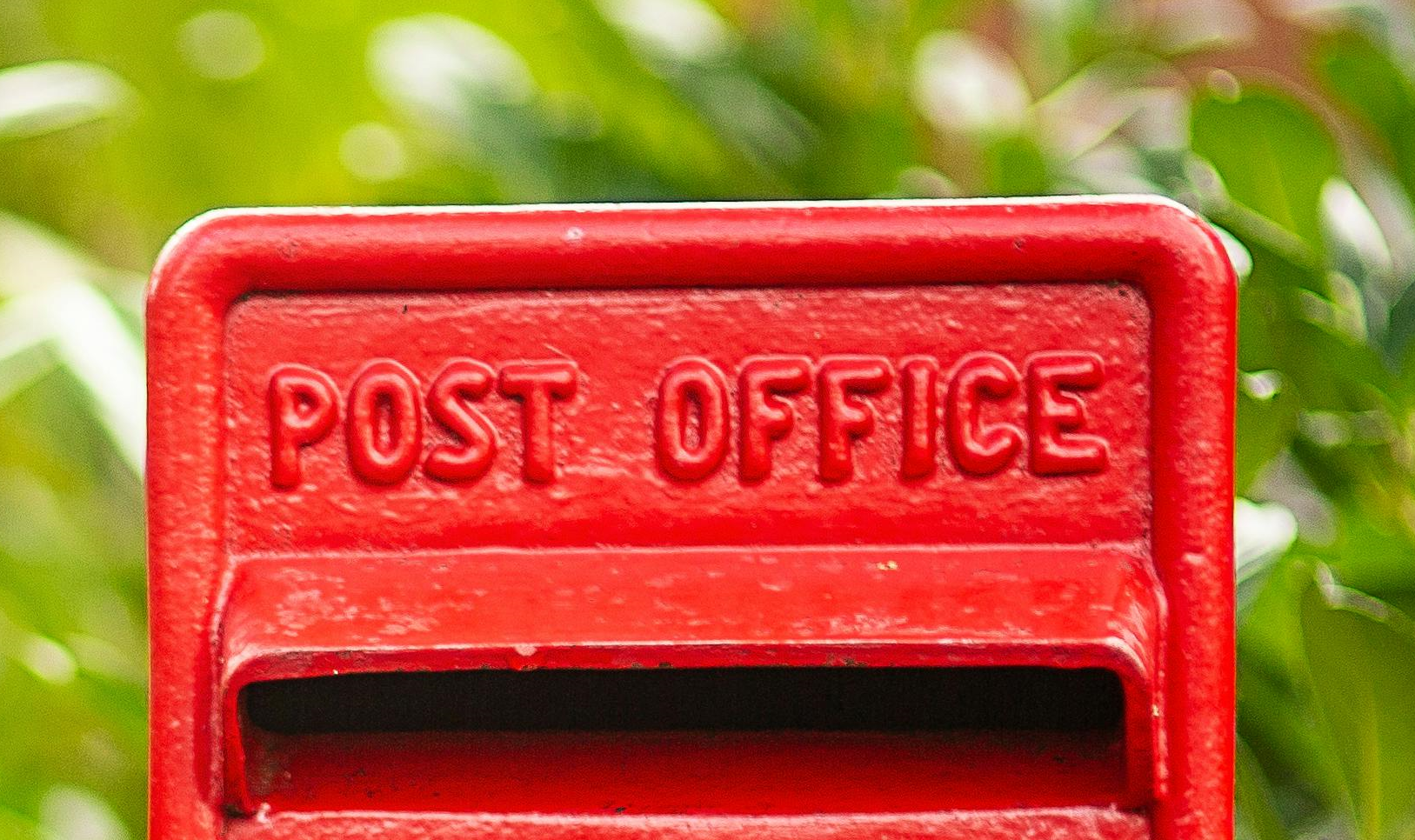Security-focused documents are put through their paces in exercises designed to mimic 10 years of travel
Credit: Open Government Licence v3.0/Crown Copyright
Immigration and borders minister Kevin Foster has insisted that stringent tests are applied to the UK’s new blue passports – which the government has previously claimed are the “most technologically advanced” such documents ever produced.
Foster was questioned in parliament by a written submission from fellow Tory MP Edward Leigh, which asked if the Home Office could comment on the “quality of the manufacture and printing of new UK passports, and what estimate [it] has made of value for money in the award of the contract for the manufacture and printing of those passports”.
The contract in question is an 11-year £262m deal awarded in 2018 to Franco-Dutch security firm Gemalto. The company has since been rebranded as a division of its new owner Thales, the €17bn-revenue defence giant that bought Gemalto in 2019.
Related content
- Foreign holidays still illegal but citizens ‘urged not to delay’ passport applications
- ‘No change to digital approach’ – Home Office quashes suggestion of physical settled status documents
- UK plans to ditch all physical immigration documents
The first of the blue passports were issued last year. Foster claimed that, before doing so, the state-of-the-art documents had been subjected to testing that mimicked the kind of wear and tear that takes place over a decade of travel.
“The new British passport is a highly secure document containing some of the most sophisticated security technologies,” he said. “Its components are rigorously tested to simulate normal passport handling over its ten-year lifespan. Her Majesty’s Passport Office undertakes routine quality assurance, and remains content the latest version of the British passport, including the personalisation process, continues to meet its requirements.”
The Gemalto deal replaced a £400m, 10-year contract signed in 2009 with banknote-printing British firm De La Rue.
“The current contract to design, manufacture, and personalise the British passport continues to ensure good value for the taxpayer, with expected savings of approximately £140m compared to the previous contract,” Foster said.
Shortly before the blue documents began being issued last year, the government claimed the passport would be more high-tech than any that had gone before.
“[It will feature] a raft of new and updated security features, including a hard-wearing, super-strength polycarbonate data page, which contains innovative technologies embedded into the document, to keep personal data secure,” it added. “It also includes the latest and most secure printing and design techniques, which means it offers better protection against identity theft and fraud, and will be even harder to forge.”



